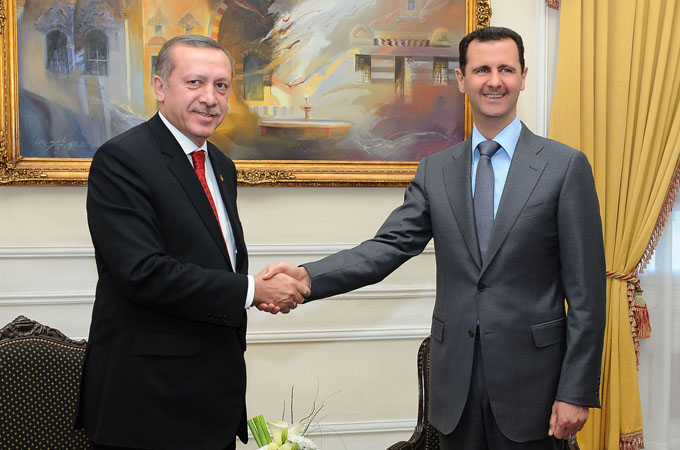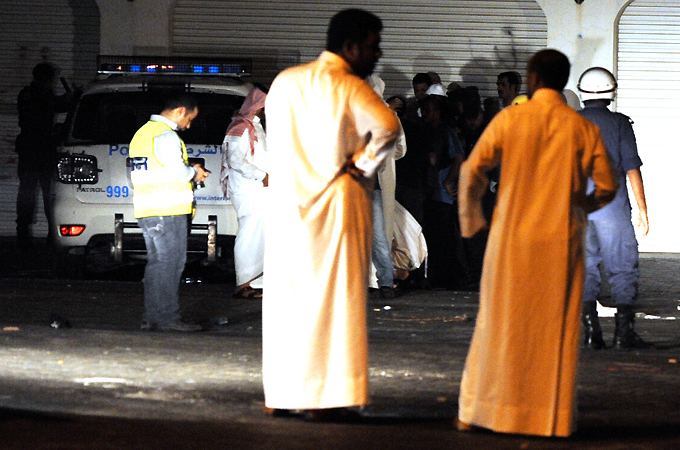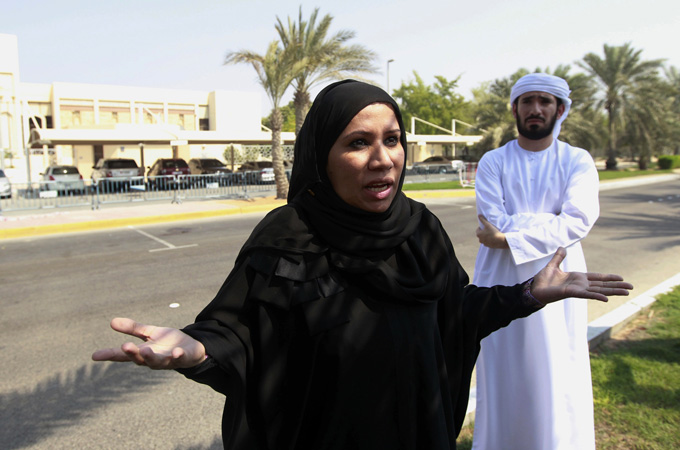By Tyler Yates
Impunity Watch Reporter, Middle East
ANKARA, Turkey — A bus carrying Turkish pilgrims returning back from the hajj – the pilgrimage to Mecca and fifth pillar of Islam – came under attack at the Syrian border, resulting in two injured and a strong rebuke from the prime minister of Turkey.

Bus passengers report that they were told to disembark at a checkpoint by around 8 armed men who appeared to be Syrian soldiers, but their affiliation is still unclear.
A bus driver and a pilgrim were shot as the gunmen opened fire. They were treated in a hospital in Antakaya, just across the border in Turkey’s Hatay province.
The statement from Recep Tayyip Erdogan, the prime minister of Turkey, warned Syrian President Bashar al-Assad that his time in power is limited. “You can maintain your grip on power in Syria with tanks and cannons, but one day you will be gone,” he said.
There have been rising tensions between Turkey and Syria since Ankara began becoming more vocal against the Syrian regimes brutal crackdown on anti-government protests.
Turkey is one of the more important countries acting as part of the international pressure to enforce regime change in Syria. The two countries share a 910 km border. Turkey is currently considering economic sanctions against Assad’s regime. Turkish officials have also said that there have been tentative plans made to create a buffer or no-fly zone inside Syrian territory to protect civilians from Assad’s forces.
William Hague, the British foreign secretary, said on Monday that the international community will do everything it can to increase the pressure on Syria. The possibility of further sanctions has not been ruled out.
“The behavior of that regime is appalling and unacceptable and of course we will do what we can to support democracy in Syria in the future,” Hague said.
Russia has accused Western nations of undermining the chances of a peaceful resolution in Syria by attempting to get the opposition to not seek compromise with the government. Moscow believes that the Syrian opposition should shoulder shared responsibility for the violence and should face international pressure to enter peace talks.
On Sunday, the Arab League rejected a Syrian request to amend a plan that would end the Country’s growing crisis. Walid al-Moallem said the plan “compromised the country’s sovereignty, but that Damascus had not rejected the mission.”
The Arab league meets again on Thursday to discuss the situation in Syria.
3,500 people have been killed in Syria since the protests began in mid-March.
For more information, please see:
Al Jazeera — Turkish bus ambushed by Syrian gunmen — 21 Nov. 2011
Jerusalem Post — Turkish bus attacked in Syria, two wounded — 21 Nov. 2011
Washington Post — Turkish prime minister warns Syria’s Assad he can’t oppress people with tanks and guns forever — 21 Nov. 2011
Voice of America — Turkish Bus Attacked in Syria, 2 Wounded — 21 Nov. 2011

